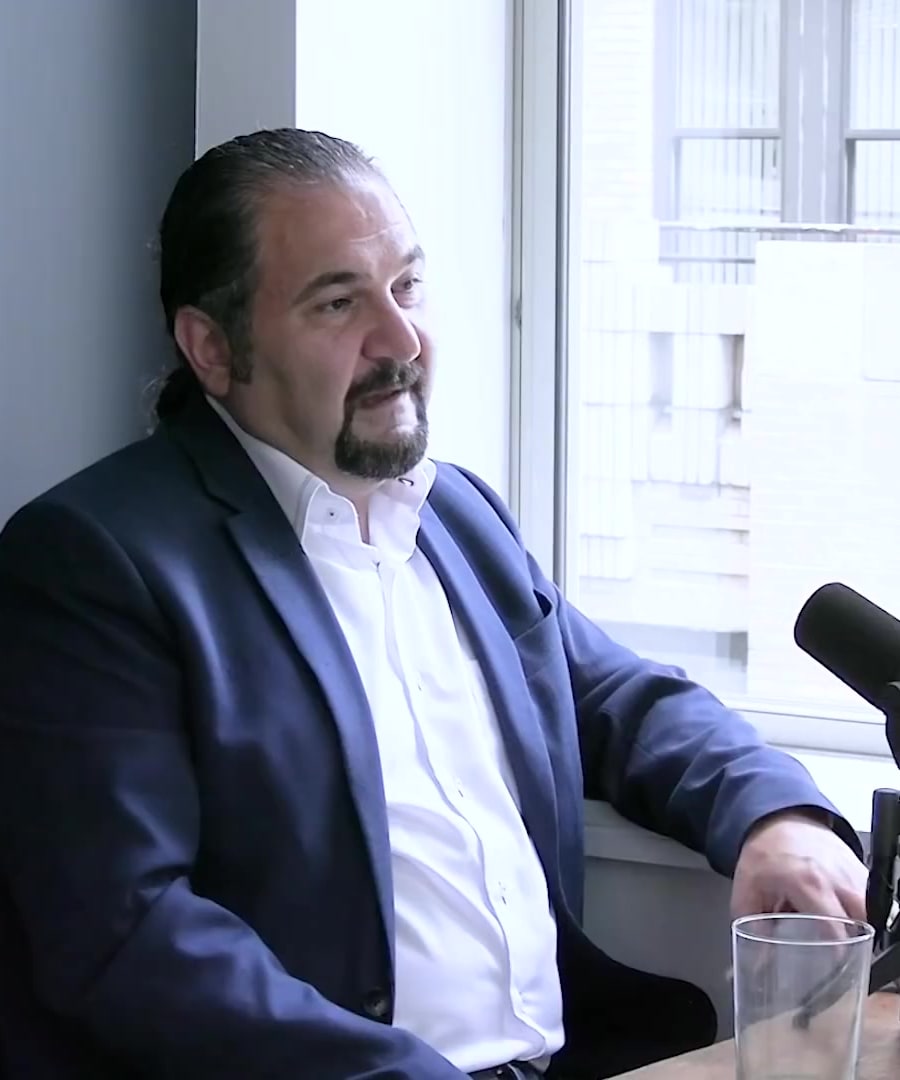Why is morning sunlight important?
Sources:
Morning sunlight is crucial for several reasons. According to , exposure to early-day sunlight activates neurons that signal it's daytime, promoting alertness and initiating a host of biological processes throughout the body, including the liver, gut, heart, and brain. This natural exposure induces a healthy increase in cortisol from the amygdala, a hormone that supports wakefulness and strengthens the immune system when in appropriate daily amounts. Morning sunlight also helps to suppress any leftover melatonin, a sleep-inducing hormone, enhancing wakefulness and setting up the brain and body for proper metabolism. Additionally, by doing so, a timer is set for the ability to fall asleep around 16 hours later, contributing to healthy sleep patterns 1 2.
Furthermore, getting morning sunlight can make you more energized and assists in adjusting sleep patterns, even if you cannot expose yourself to natural sunlight every day, you can make up for it the following day by extending the duration of sunlight exposure. Light intensity and duration are essential for setting daily rhythms, especially for the circadian system 3.
Moreover, the morning sunlight benefits are numerous and include:
- Providing the most powerful stimulus for wakefulness throughout the day 4.
- Promoting a healthy circadian rhythm, helping to prepare the body for sleep later 5.
- Improving metabolism, potentially through better sleep at night 6.
- Bolstering mood and mental health 7.
Hence, consistent morning sunlight exposure is recommended by as a foundational practice for optimal physical and mental health 4 6 7.
RELATED QUESTIONSWhy is HRV important?
Sources:
Heart rate variability (HRV) is important for multiple reasons. It reflects the body's flexibility in adjusting to stress and is indicative of overall health and recovery state. According to , HRV measures the variation in the time interval between heartbeats, differing from a consistent rhythm. A high HRV, or more variability, signifies a more rested and parasympathetic (or relaxed) state, while a low HRV indicates a state of stress or high sympathetic activation (the fight or flight response). Thus, HRV is a useful biomarker for gauging how recovered or stressed an individual is 1.
Additionally, explains that high HRV is associated with physical and mental health outcomes, such as reduced anxiety, better mood, and improved sleep. He suggests that practices such as regular cardiovascular and resistance exercise, quality sleep, and specific breathing patterns, particularly those invoking respiratory sinus arrhythmia (where inhales speed up and exhales slow down the heart rate), can enhance HRV. These practices activate the vagal innervation of the heart, which is intimately connected with HRV and overall well-being 2 3 4.
Moreover, maintaining a healthy HRV is crucial for preventing chronic stress and heart disease. Persistent stress can lead to high adrenaline levels which can consistently constrict certain blood vessels, leading to hypertension and increased risk for heart disease 4.
Thus, HRV is a critical measure indicating the balance between the sympathetic and parasympathetic branches of the autonomic nervous system, and managing it effectively can positively influence one's psychological and physiological health.
RELATED QUESTIONS
Why is morning sunlight important?
- RELATED QUESTIONS
Why is HRV important?
- RELATED QUESTIONS










